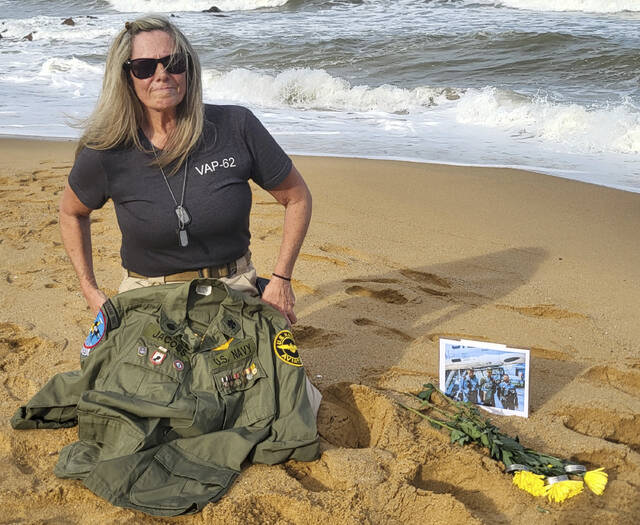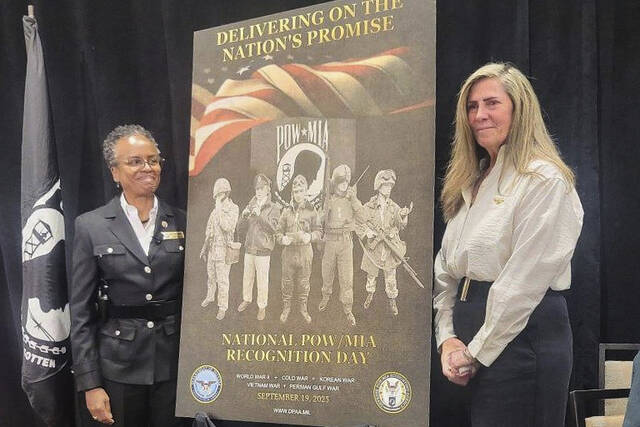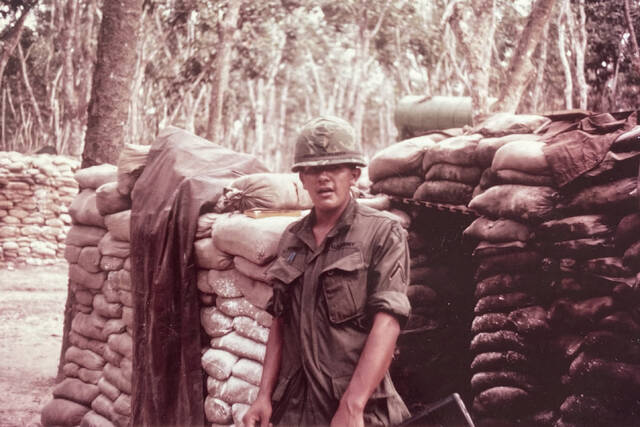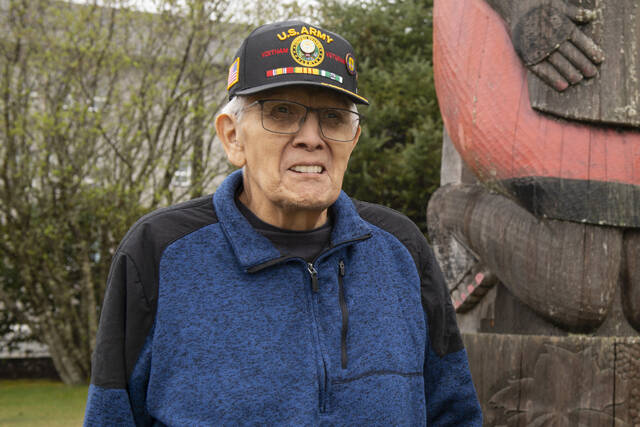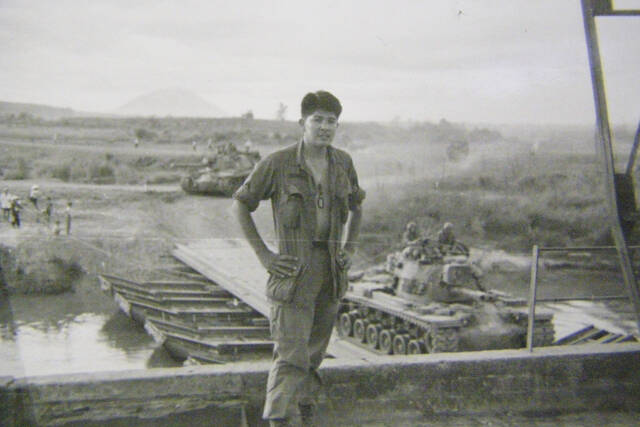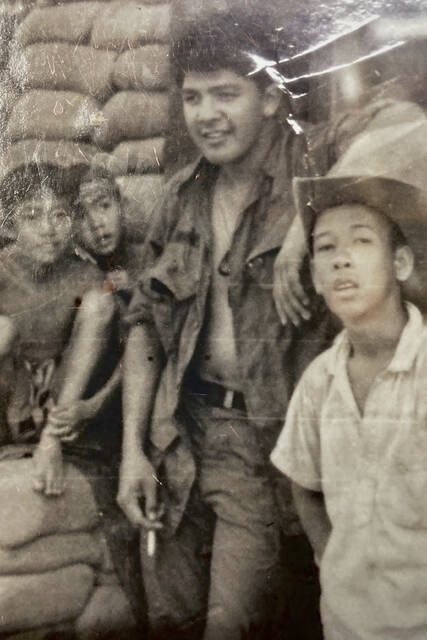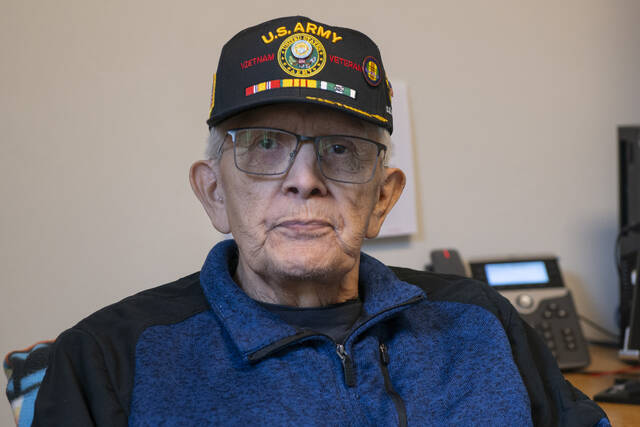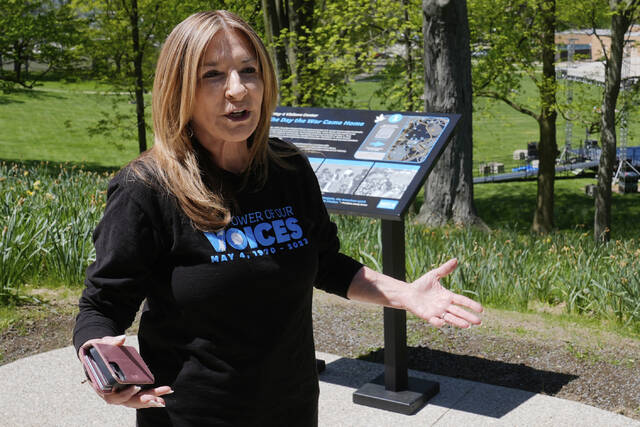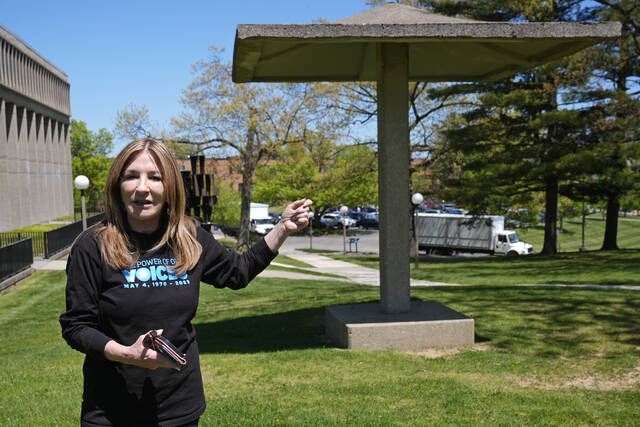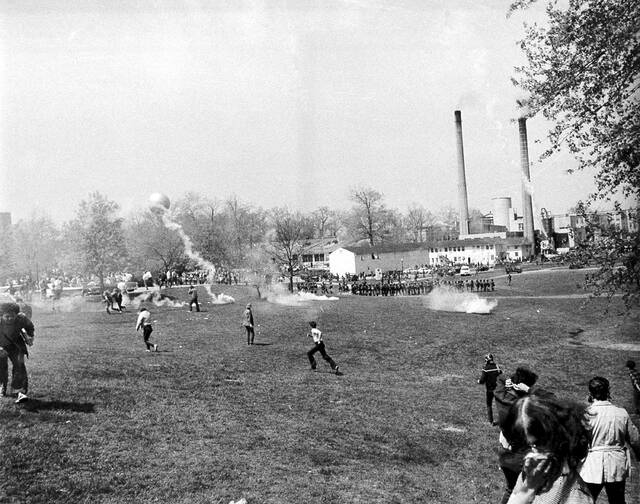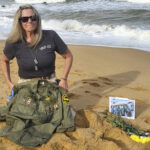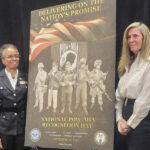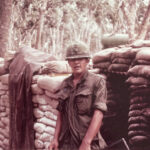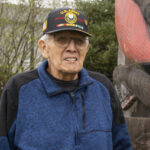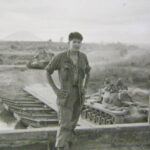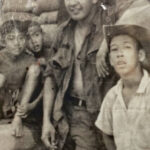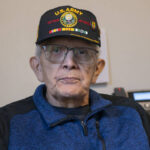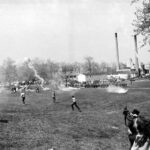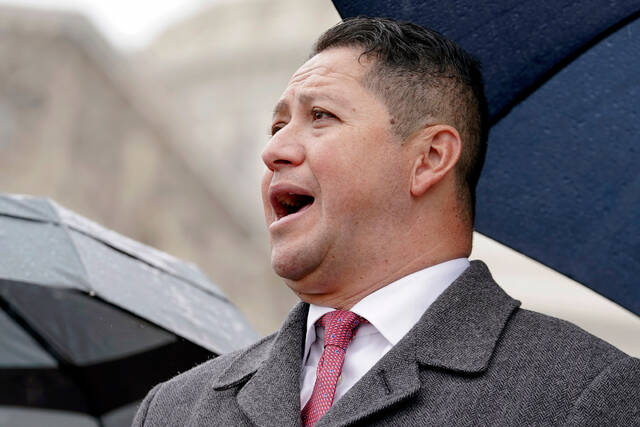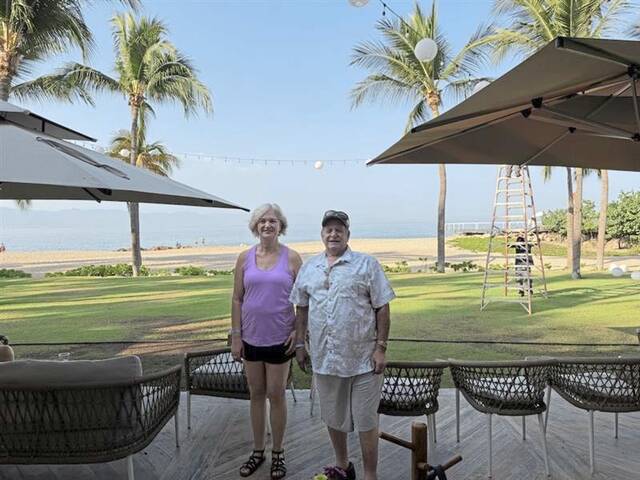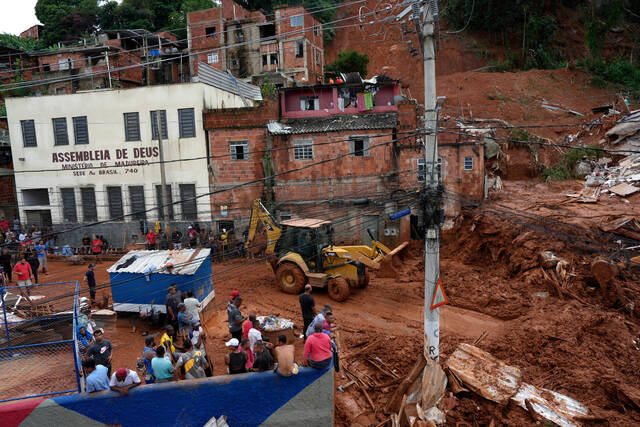ANCHORAGE, Alaska — The Vietnam War greatly impacted U.S. society from the passage of the War Powers Resolution that restricts the president’s ability to send troops into extended combat without congressional approval to the cementing of college campuses as centers of student activism.
Millions of U.S. troops fought in Vietnam. For some Americans, the war that effectively ended with the fall of Saigon 50 years ago Wednesday on April 30, 1975, continues to shape their lives.
They include: A woman dedicated to recovering her father’s remains after the bomber he piloted disappeared over Vietnam’s Gulf of Tonkin. A Vietnam veteran who was heckled like scores of other troops when he returned home and now assists fellow veterans in rural Alaska. And an anti-war movement stalwart who has spent decades advocating for free speech after her brother was wounded when Ohio National Guard troops fired into a crowd of protesters at Kent State University.
Here are their stories.
Still waiting for dad to return home
Fifty years after the fall of Saigon, Jeanie Jacobs Huffman has not lost hope of bringing her father home.
Huffman was only five months old when her father, Navy Cdr. Edward J. Jacobs Jr., was reported missing in action after the plane he was piloting to photograph enemy targets vanished in 1967 over the Gulf of Tonkin, off the coast of North Vietnam.
Huffman has dedicated her life to finding the plane and recovering his remains and those of his two crew members. She also serves on the board of directors of Mission: POW-MIA, a nonprofit group dedicated to finding unaccounted Americans from past conflicts.
“It’s a lot of missing, you know, a huge void in my life,” she said, breaking into tears.
A professional photographer, Huffman has made a poster featuring the faces of the 1,573 missing service members from Vietnam.
“After this many years, we should never leave anyone behind,” she said.
A year ago, she visited the Gulf of Tonkin through a trip with the United States Institute of Peace, a nonprofit that promotes education and research on conflicts to prevent future wars. The group’s translator, who was from North Vietnam and also lost family members in the war, walked with Huffman into the water. Holding hands, they both cried, sharing their grief.
“So that was the closest I’ve been to him in 58 years,” Huffman said of her father.
She’s pushing for the Defense POW/MIA Accounting Agency to conduct an underwater search operation next year in hopes of recovering the plane. The U.S. Department of Defense agency is responsible for recovering and identifying service members listed as missing in action or prisoners of war.
“He deserves to be brought back home,” she said. “Even if it’s just a bone or a dog tag. Even the tangible things, like a dog tag or a piece of his plane, mean a lot to me because I don’t have anything else.”
Finding salvation after so many decades
For George Bennett, the road to sobriety and mental health continued long after flying home through San Francisco in 1968, where “sneering” protesters met returning soldiers in the terminal.
Someone yelled out, “baby killer.” Another spit at them. He and his fellow soldiers were turned away from one airport restaurant.
Only later did he realize how much Vietnam had changed him because the war went against the strict sense of values and Indigenous practices instilled by his parents.
A member of Alaska’s Tlingit tribe, Bennett said, “I would go get my beer and come home … just drink beer and do nothing.”
“I think part of it was the fact that I was ashamed and guilty because I was part of the atrocity that occurred in Vietnam. I feel that I violated the value and some of our cultural norms, and it made me want to run.”
And he did, from bar to bar and job to job.
Finally, he wound up receiving help for alcoholism and post-traumatic stress disorder.
It’s taken him 30 years to feel better, largely because of the support of Mary, his wife of 55 years. She insisted they move to the southeast Alaska city of Sitka, where he has integrated back into his native Tlingit culture.
He’s now Alaska’s sole rural veteran liaison, helping veterans secure benefits in the military’s health care system.
“I really had to find my spiritual way again,” he said. “It took me a while to get there, but here I am.”
Kent State University protester sees lessons for today
Chic Canfora still becomes emotional when she talks about the fall of Saigon.
Canfora was part of an anti-war protest at Kent State University in 1970 when Ohio National Guard troops fired into the crowd, killing four fellow students and wounding nine others, including her brother. The bullets sent Canfora diving for cover.
She believes the protest helped galvanize public opinion that would hasten the withdrawal of U.S. troops and ultimately lead to the fall of Saigon and the war’s demise.
A decade ago, Canfora visited the Vietnam Veterans Memorial Wall in Washington and was overcome at seeing how the number of names of the fallen dwindled after 1970.
“That was the first time it really hit me the impact of the anti-war movement and, so it’s particularly meaningful for me this year,” she said, choking up.
Canfora, who teaches journalism at Kent State, has spent her life sharing what she experienced. She said the lessons learned are more relevant than ever amid the Trump administration’s crackdown on student protesters, fears of deportation for international students and what critics describe as unprecedented attacks on campus speech.
She said she sees echoes of the past when then Ohio Gov. James Rhodes, who sent in the National Guard, called the Kent State demonstrators “the worst type of people that we harbor in America.”
“I was too young and too naive to recognize the danger of such inflammatory rhetoric because, in essence, all of these leaders in our country were putting targets on the backs of American college students who have historically served as the conscience of America,” Canfora said.
“I think students today are going through that same metamorphosis of awareness that I did in 1970.”


